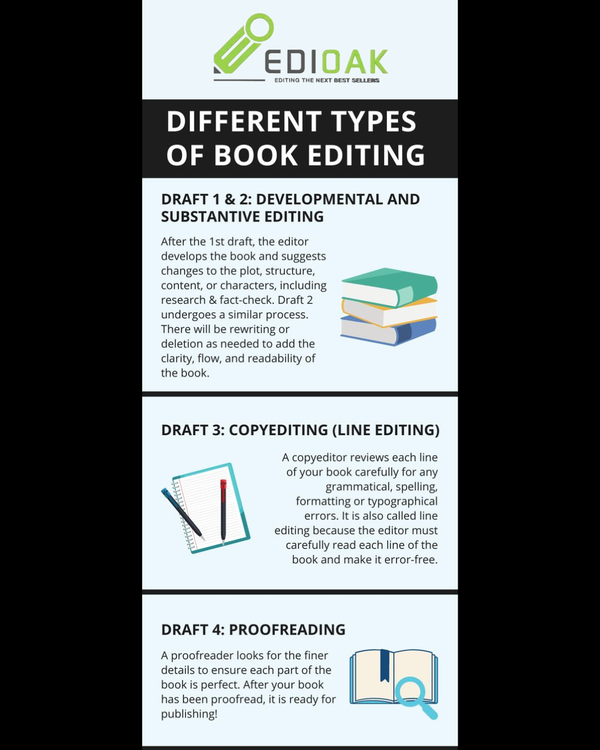In the scholarly world, the idea of covering another person's work isn't bound to the domain of music. Similarly as artists reconsider and perform melodies initially made by others, creators at times take part in a comparable practice by making their own forms or understandings of existing stories or thoughts.

This cycle, frequently alluded to as stating "covers" in the scholarly setting, includes a nuanced way to deal with praise, imagination, and reevaluation.
Stage 1: Choosing the First Work: The most vital phase recorded as a hard copy a front of another creator's work is choosing the first piece that will act as the establishment. Creators could pick an exemplary novel, a darling brief tale, or even a renowned sonnet as the reason for their reevaluation. The determination cycle includes thinking about elements like the immortal allure of the first work, its topical significance, and the potential for reevaluation and development.
Stage 2: Understanding and Investigating the First: When the first work is picked, the creator leaves on an excursion of profound comprehension and examination. This step includes drenching oneself on the planet made by the first creator, analyzing its topics, characters, account structure, and hidden messages. By acquiring an extensive comprehension of the subtleties and complexities of the first piece, the covering creator lays the foundation for making a deferential yet inventive reevaluation.
Stage 3: Imbuing Individual Style and Understanding: The last move toward composing a cover includes imbuing the reevaluation with the covering creator's very own style, viewpoint, and understanding. While remaining consistent with the quintessence of the first work, the covering creator brings their own special voice, imagination, and experiences to the table. This step is where the enchantment occurs, as the covering creator revives recognizable characters, investigates elective plotlines, or offers new bits of knowledge into ageless topics. The outcome is a scholarly creation that gives proper respect to the first while likewise remaining as a particular show-stopper by its own doing.
In outline, composing fronts of other creators' work includes a smart course of determination, understanding, and reevaluation. It's a demonstration of the getting through force of narrating and the unlimited innovativeness of the human creative mind.


No comments yet, come on and post~